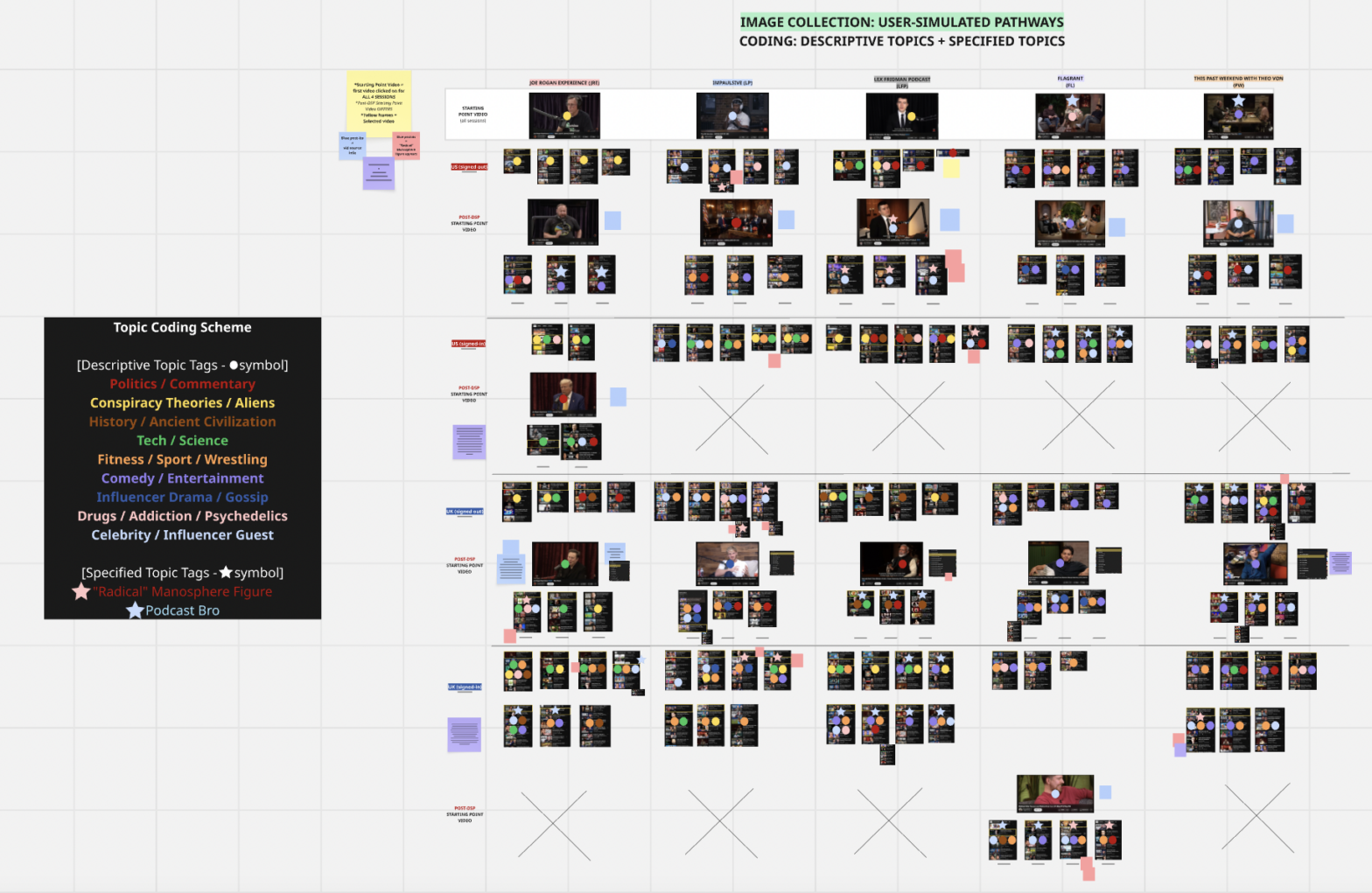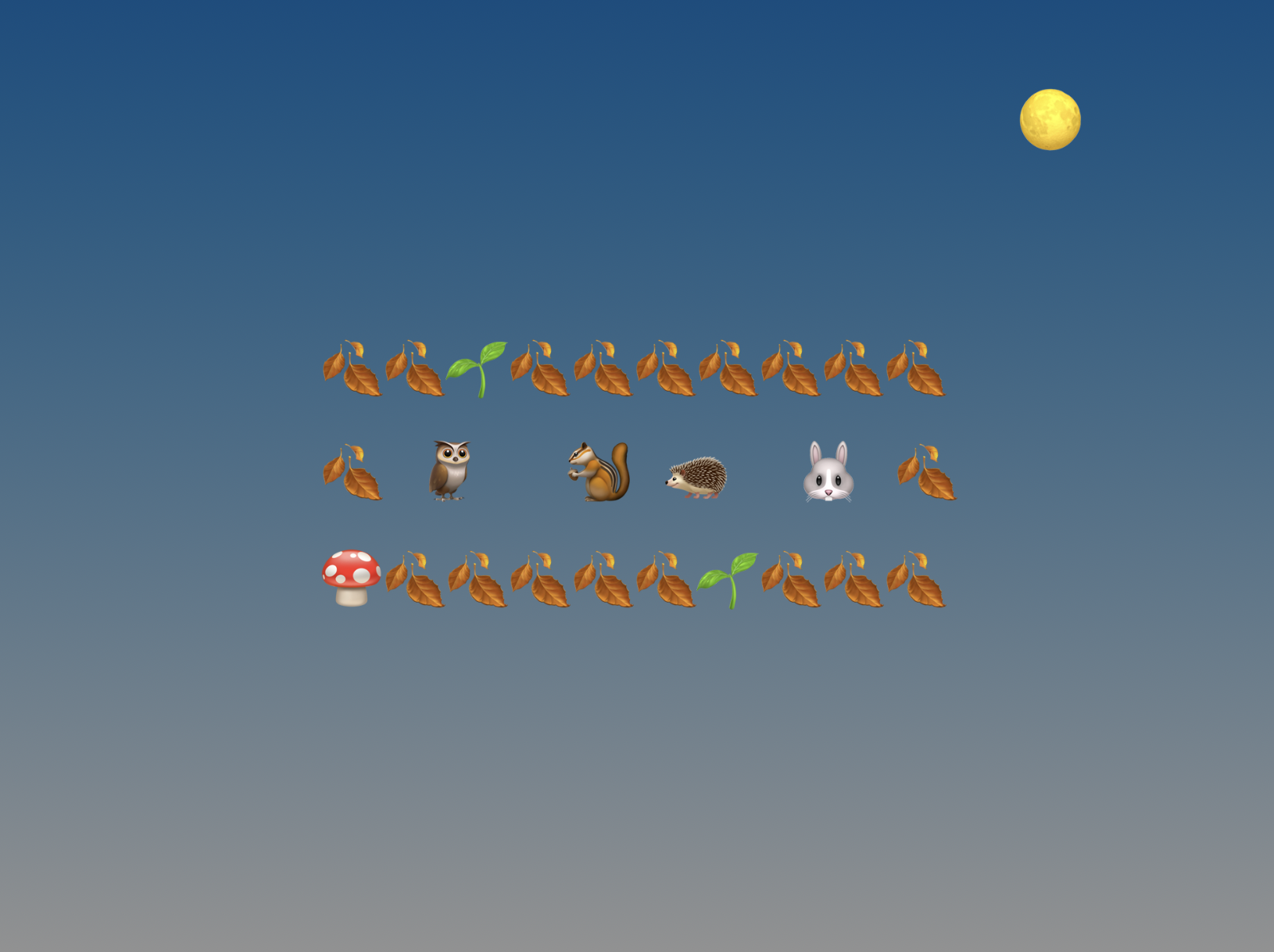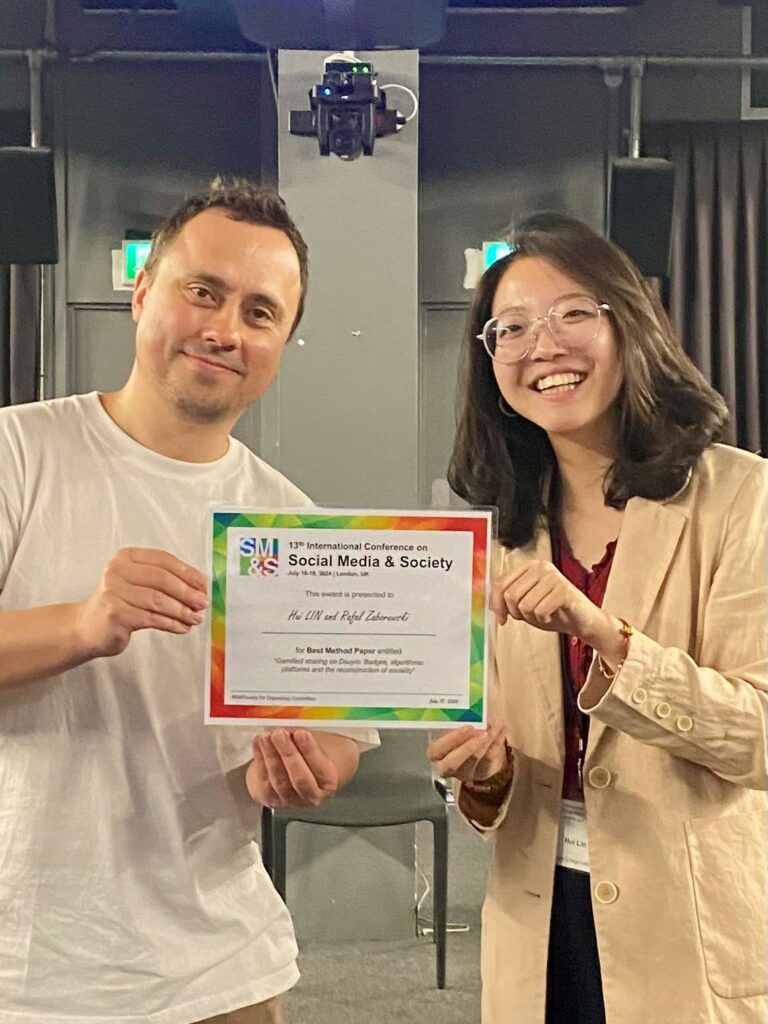
The Department of Digital Humanities is delighted to announce a prestigious new doctoral scholarship scheme, offered in partnership with the Ramón Areces Foundation.
The King’s–Ramón Areces Foundation PhD Scholarship Programme (K-FRA) is designed to support a researcher of Spanish nationality in undertaking full-time doctoral study within our department, starting in October 2026.
A comprehensive support package
The scholarship provides an exceptional level of support over three years of research, including:
- Full tuition fees covered for the duration of the programme
- An annual stipend of £22,780 (including London Weighting)
- A £1,000 annual grant for research training and related support
- Overseas student health cover and a standard-class return airfare between London and Madrid
Research themes
We welcome applications across the full breadth of Digital Humanities. We are particularly keen to receive proposals aligned with digital methods and cultural heritage, computational humanities and cultural AI, digital identities or governance, including projects that apply digital tools within the arts or wider cultural sectors.
As Paul Spence, Reader in Digital Humanities, notes:
The King’s-Ramón Areces PhD Scholarship Programme enables outstanding researchers to pursue innovative, internationally oriented doctoral work, strengthening long-standing academic links between UK and Spanish digital humanities researchers.
Key dates and how to apply
Application closing date: 13 February 2026.
To support prospective applicants, we will be hosting an online information session on 12 January, from 15.00 to 16.00 (UK time). To register your interest and receive access details, please complete the online registration form.
The session will provide further information about the programme, the application process, and the specific terms and conditions set by the Ramón Areces Foundation.
Find out more
For full eligibility criteria and detailed application instructions, please visit the official page of the King’s–Ramón Areces Foundation PhD Scholarship Programme (K-FRA).






